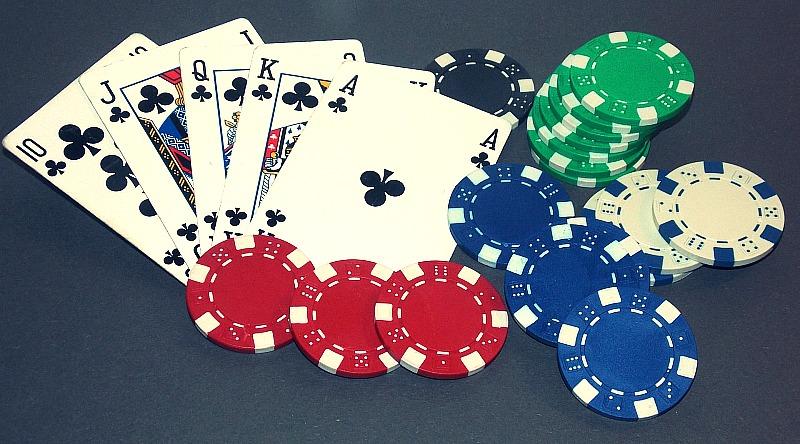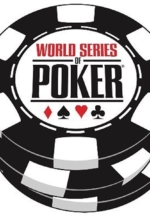
Do you have the skills to become a pro poker player? Of course, not everybody makes the cut. But for a select few, it is a rewarding and unconventional career that most people only dream about.
Challenging, Risky, and Rewarding
The gambling lifestyle may seem glamorous, however it’s not for the faint-of-heart. Losses are inevitable, and long hours can be grueling. But the goal of striking it rich is real and within some players’ reach. Regular people have been successful, by either consistently winning tournaments or going through the daily grind at cash tables.
However, going from being an amateur player to becoming a professional requires a lot of forethought. Making the decision to go pro will change your life, and the career is not without risk. Consider the death of professional poker player Susie Zhao in Michigan. The pros can become targets, and many of them have a good personal injury lawyer and other attorneys on speed dial. Sounds like a TV movie, but the real-life murder was tragic. Still, many people love the life and find the risk/reward balance a nonissue.
Steps to Going Pro
You have to play the game to have a chance of winning. Perhaps you would be successful making an income comparable to your full-time job, but you never know until you try. In the beginning, there are a few important decisions you’ll have to make:
- Whether to play live or online
- How to establish your bankroll
- Specific tools and strategies
Of course, the first step is preparing mentally. You would be required to remain committed to playing on weekends and miss time with loved ones and family. A supportive network may be as important as winning strategies.
Live Versus Online
You’ll first have to decide if you want to play at a brick-and-mortar casino or online. According to BusinessWire, in 2019, the worldwide online gambling market was worth $44.317 billion. But how does a regular Joe get a foot in the door?
Low Stakes Poker
Playing online enables new players to enter the field in low stakes games. This is a great idea if you’re betting the mortgage. Online poker also deals more hands per hour, so the game moves along quickly and therefore, helps the newbie overcome any handicaps. But the reason most cited for an online preference is multi-tabling. This ups your odds of winning by allowing you to play cash games while playing tournaments, too.
Brick-and-Mortar Casinos
By contrast, actual casinos offer bigger pools simply because tourney buy-ins are higher for fields that are similar in size. Professionals are often able to score easy cash in large fields if they’re winning tourneys.
Some pros enjoy the gypsy lifestyle that playing affords them, going from resort to resort on a never-ending kind of gaming vacation. Distractions are few once seated at the table, and noise from the TV and interruptions from friends or family are less likely in the land casino environment.
Strategies
Whether you choose online or live, developing a strategy is the key to success. You’ll need to gather the tools and support needed if you think you can grow into a professional player that earns a good living.
Establishing bankroll management, or BRM, is vital. In a nutshell, it’s said if your goal is to earn $2,000 monthly playing poker professionally, you should set aside approximately six month’s worth of personal income or $12,000.00 (whichever is greater) in addition to $6,000.00 in set-up costs, which equals about $18,000 out of pocket to get you going.



















